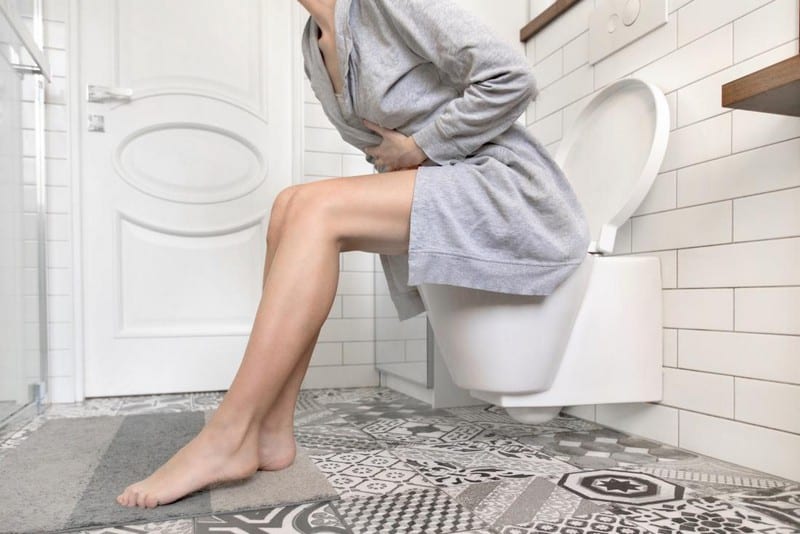Escherichia coli, or E. coli, is a bacterium that lives in the intestines of humans and animals. It is usually harmless, but some strains can cause illness. One of the ways E. coli can make people sick is by causing urinary tract infections (UTIs).
The urinary tract includes the kidneys, ureters, bladder, and urethra. These organs work together to rid the body of waste products in the form of urine. Urine is normally sterile, meaning it does not contain bacteria or other organisms. However, bacteria like E. coli from the intestine can sometimes enter the urinary tract through the urethra and multiply, resulting in infection.
E. coli is the most common type of bacteria that causes UTIs. Most UTIs are caused by sexual intercourse because this can introduce bacteria into the urethral opening. Other activities that can increase UTI risk include diaphragm use for birth control, having a new sexual partner, douching, and a history of UTIs.
Most UTIs are not serious and can be treated with antibiotics. However, some cases can lead to serious kidney problems if not treated promptly. Individuals with UTI should see a healthcare provider so they can start treatment immediately.
Bladder Fullness

E. coli is a bacterium that lives in the gut. Most strains of E. coli are harmless, but some can cause illness. This occurs when the bacteria get into food or water contaminated with feces, which can happen through contact with infected animals or people or consuming contaminated food or water. In some cases, E. coli can cause more serious illnesses, including urinary tract infections (UTIs).
While other types of bacteria cause most UTIs, E. coli is the most common culprit behind this infection. When E. coli enters the urinary tract, it can attach to the bladder’s walls and multiply quickly. This causes the lining of the bladder to become inflamed, a condition known as cystitis.
There are a few ways E. coli can cause bladder fullness in the urine. One is due to the inflammation caused by the infection. The inflammation can lead to swelling of the bladder tissues, which can cause the bladder to feel full even when it’s not. E. coli can also interfere with the function of the muscles that help empty the bladder. This can cause urine to build up in the bladder and lead to feelings of fullness.










